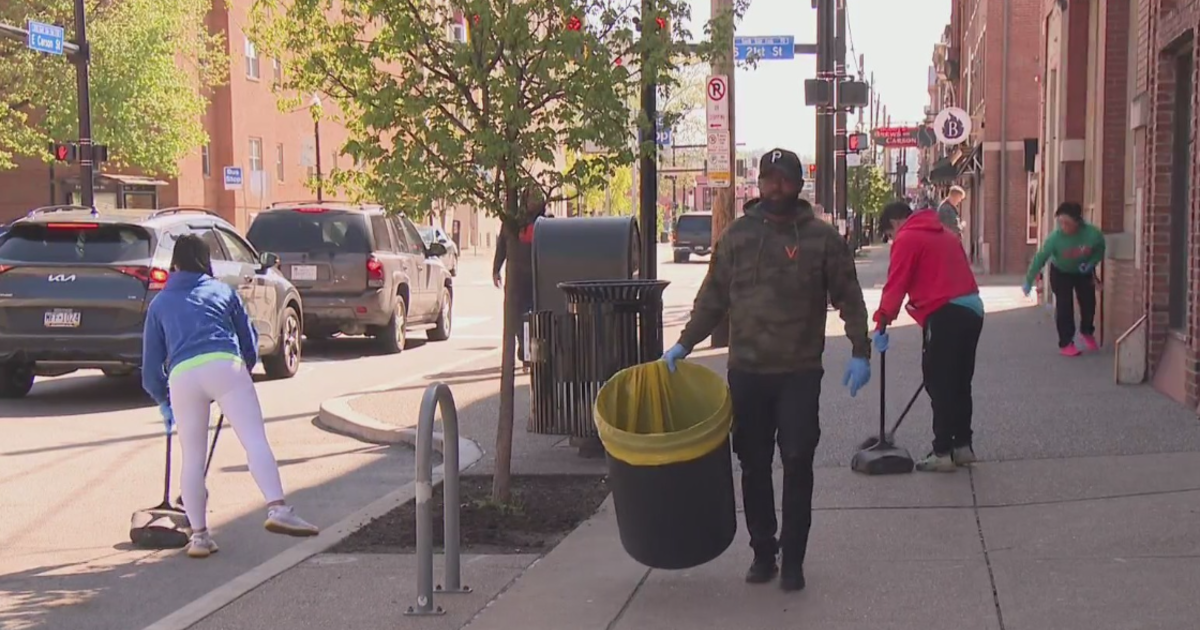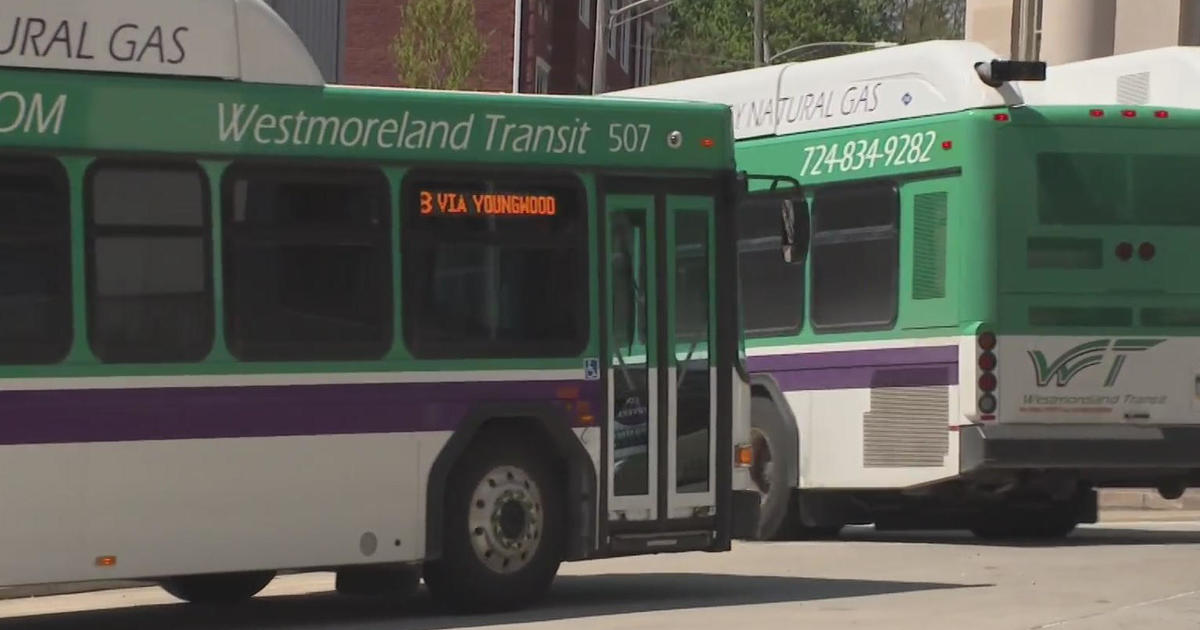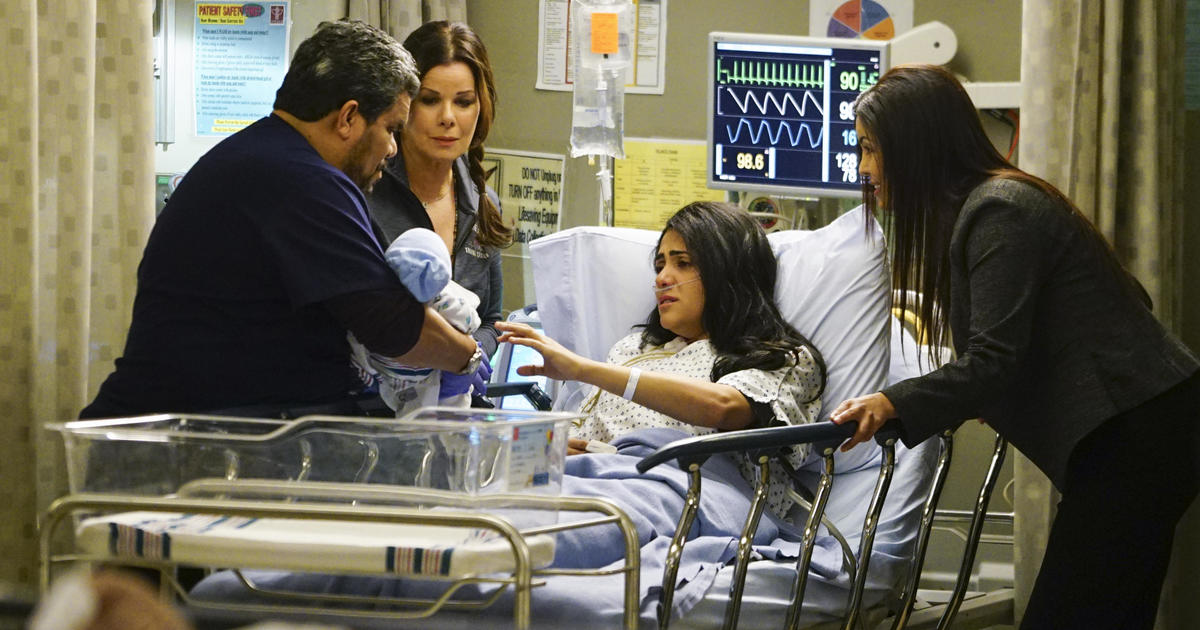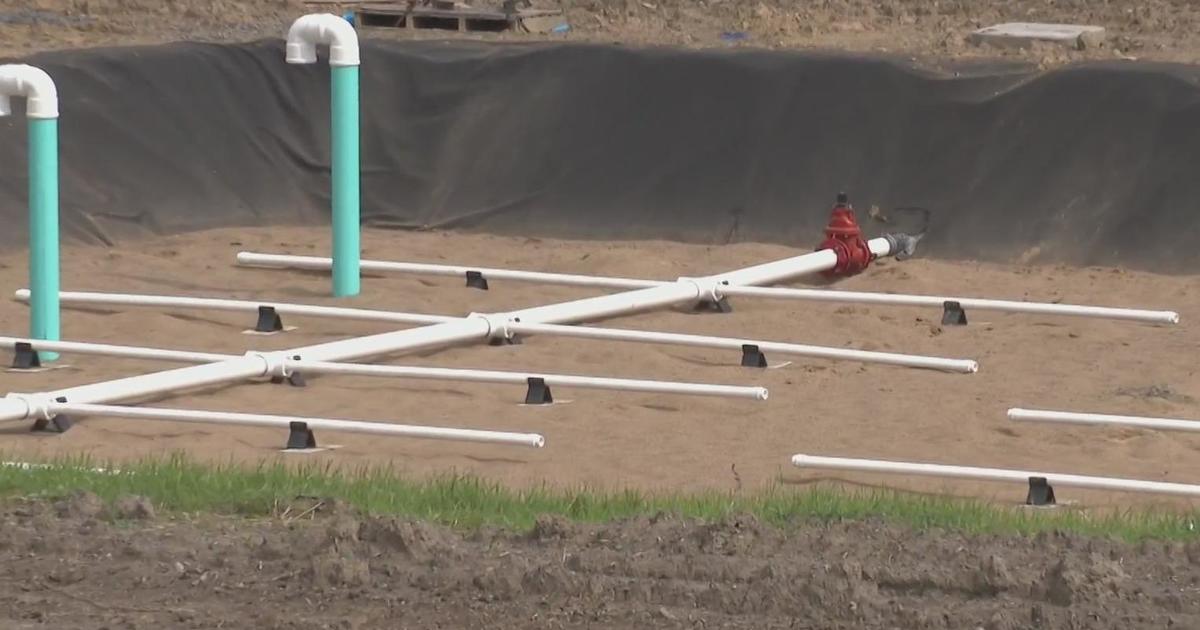Technology Has Come A Long Way, But What Does The Future Hold?
Follow KDKA-TV: Facebook | Twitter
PITTSBURGH (KDKA) – Cell phones and computers have dramatically changed our lives.
Today's reality would have seemed like science fiction when many of us were growing up, so what's next?
You may get a good glimpse by visiting Chris Harrison at Carnegie Mellon's Future Interfaces Lab.
"We are trying to invent the future of how people interact with technology," said Harrison.
For instance, a lightbulb-like device developed here could one day turn any surface into a touch screen computer.
"Your kitchen countertop, your dining room table would be a computer," said Harrison. "You could launch apps on it. Check your email. Send out a tweet."
He says it could prove to be very useful while cooking.
"Because it's looking down at your table top, it can actually look down at all your ingredients and whether you're measuring the right amounts," he said. "So it can actually check off as you cut the right amount of onions and tomatoes and so on."
They've also discovered a way you can feel objects while touching a regular piece of glass using electrostatic forces.
So, when you're shopping online, you could almost touch the fabric.
"Before you buy, you can actually feel like what those pillows or sheets feel like right on the touchscreen of your phone," he said.
Across Oakland, Henny Admoni's group at Carnegie Mellon's Robotics Institute is making a commercially sold robotic arm easier to use for people who have trouble moving.
For instance, it could help feed people and actually predict what they want it to do, based on where their eyes look.
"So this is an eye tracker," said Admoni as she puts on a futuristic-looking headset. "It has a camera that faces out into the world and a camera that looks in at my pupil."
KDKA-TV's David Highfield asked Admoni and Harrison to make some predictions about how technology will impact our everyday lives.
Already there are glimpses of what our homes could be like.
New apartments in the old Kaufmann's Department Store building are being wired with Amazon's Alexa, so you can operate the TVs, blinds, and even the coffee maker with voice commands.
And Harrison believes bigger changes will come in the next decade.
"I think we'll start to see the emergence of truly smart appliances," he said.
Maybe a microwave that might sense what to do without instruction.
While not that advanced, we did get a look at a Samsung refrigerator at the Best Buy in Cranberry Township that has already cameras built in. So, you can be the grocery store and check what's inside using a smartphone app.
"With future versions coming out, it's going to have the ability to scan the bar codes of the products in your fridge," said Andy Budacki from Best Buy. "And it'll know when you put that gallon of milk in there."
So one day will your fridge be able to sense what you need, order it through Alexa and have it sent to your home?
"I think that's very likely to happen in the next 10 years," said Harrison.
What about how we travel?
"We're really at the cusp of seeing self-driving cars a reality," said Admoni.
Here in Pittsburgh, we've seen Uber testing self-driving cars but how much longer before we can buy one?
"That's the question everyone wants the answer to. I can tell you, we're not there yet today, but we're certainly working on it," said Noah Zych from Uber.
But Harrison thinks we'll see self-driving commercial trucks first.
And as for the rest of the us, Harrison predicts: "Regular people like you and I, we'll have cars that we will still drive. They may have autonomous capabilities, but full autonomous is probably a ways off."
Tesla founder Elon Musk is working on another way of travel - a "Hyperloop" that could transport you in a tube, super-fast between cities.
It sort of operates the way pneumatic tubes at a bank drive through do. Only picture it on a much larger scale.
Musk reportedly plans to create a Hyperloop tunnel between Baltimore and Washington, D.C.
As for what happens down the line, Admoni said, "Maybe it's not the Hyperloop as he imagined it, but I do think the future of travel is some sort of sea change in the way we transport ourselves."
You may remember how characters on the old "Star Trek" would get "beamed up."
While our experts say while that's still fiction, "virtual travel" is worth mentioning.
Virtual reality can make you feel like you've been transported.
For instance, an Oculus Rift demo can get your blood pumping. One scene makes it feel like you're on scaffolding at the edge of a skyscraper.
"And people are building experiences like that," said Harrison. "Where you can do sort of the aerial tour of Rome or deep sea exploration."
While Harrison says virtual travel will likely never replace vacations, some people may find big advantages in exploring in a virtual way.
"Digitally teleporting you experientially is probably just around the corner," said Harrison.



